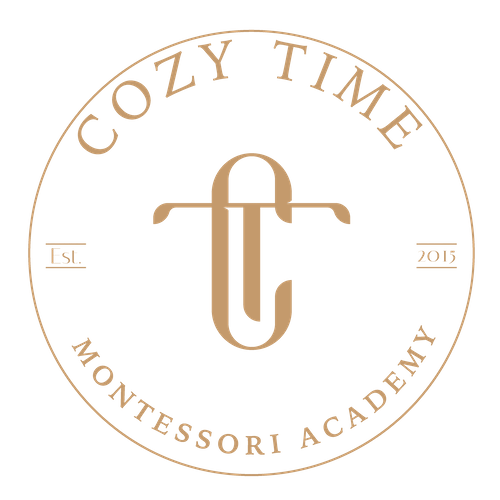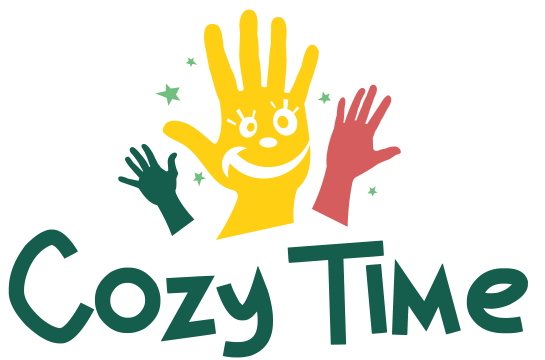The Montessori Education: Background and Principles
Painting a Picture of Maria Montessori and her Revolutionary Teaching Method
Once upon a time, in the early 20th century, a determined Italian woman named Maria Montessori embarked on a journey that would forever change the way we perceive early childhood education. As a young doctor working with children in Rome, Maria observed that children learn best when they interact with their environment. This observation led her to develop a teaching method that has been appreciated worldwide and has made its mark right here in Toronto.
Insights into the Major Principles of Montessori Education
The Montessori method, as we know it today, is based on several key principles. Firstly, it encourages children’s natural curiosity, allowing them to learn at their own pace. Secondly, it acknowledges the importance of a prepared environment where children can freely explore and learn. Lastly, it emphasizes the role of the teacher as a guide rather than a traditional instructor.
Debunking Commonly Believed Montessori Myths
The Myth that Montessori Schools Don’t Have Structure
One of the most common misconceptions about Montessori education is that it lacks structure. However, from my personal experience as a Montessori teacher at the Cozytime Child Care in Toronto, I can assure you that this is far from the truth. While children are given freedom to choose their activities, this choice exists within a well-structured environment designed to encourage learning.
Addressing the Myth that Montessori Education is only for the Elite
Another common myth is that Montessori education is only for the elite or privileged. This couldn’t be farther from the truth. Maria Montessori herself started her work with children from low-income families in Rome. Today, Montessori schools, including our daycare in Toronto, strive to make this unique education approach accessible to all families, regardless of their socioeconomic status.
Unraveling the Myth that Montessori Curriculum is not Rigorous
The notion that the Montessori curriculum is not rigorous is another myth that needs debunking. In reality, the Montessori method not only meets the educational standards of traditional education but often surpasses them. Children in Montessori settings have been found to excel in areas such as math, reading, and problem-solving.
Debunking the Myth that Montessori Schools don’t Teach Social Skills
Lastly, it is often believed that Montessori schools do not pay attention to social skills. This is yet another misconception. Montessori education places a high emphasis on social development. In Montessori classrooms, children engage in group activities and learn to respect others, thereby fostering their social skills.
At Cozytime Child Care, we are proud to follow the Montessori method, promoting a nurturing environment for your child’s development. If you have any questions or would like to learn more about Montessori education in Toronto, please feel free to reach out to us at (416) 602 3811.
Myth 5: Children in Montessori Schools don’t transition well into traditional schools
I remember vividly, it was a bright Tuesday morning. My son, a graduate from a Montessori daycare, was about to start his first day in a traditional school. I felt a pang of anxiety, as I had heard the myth – children from Montessori schools struggle to transition into traditional schools.
Fast forward to today, my son is thriving in his new environment. This myth, as with many others surrounding Montessori education, is baseless. Research has consistently shown that children from Montessori schools transition as well as, if not better, into traditional schools. Their early exposure to a varied curriculum, self-directed learning, and mixed-age classrooms equip them with adaptability and resilience.
What’s more, Montessori students often excel in critical thinking, problem-solving, and creativity, making them stand out in traditional settings. So, if you’re in Toronto, considering a Montessori daycare like Cozytime Child Care, don’t let this myth deter you.
Montessori Education vs Traditional Education: A comparison
Differences in structure and teaching methods
My journey with Montessori education began when I was searching for the best licensed daycare in Toronto for my son. I was immediately drawn to the unique structure and teaching methods of the Montessori approach. Unlike traditional classrooms, Montessori classrooms are designed to spark curiosity and foster exploration.
The teaching methods also differ greatly. Montessori educators act as guides, helping children discover knowledge rather than simply imparting it. This encourages children to be active participants in their learning, fostering independence and a lifelong love for learning.
Student-focused learning in Montessori versus Teacher-centered learning in traditional systems
One of the key aspects that set Montessori education apart is its focus on the child. Traditional systems often follow a one-size-fits-all model, where the teacher dictates the pace of learning. Montessori, on the other hand, respects each child’s unique learning pace and style. Children are encouraged to follow their interests, and learning becomes an exciting journey of discovery, rather than a chore.
Attitude towards competition and grading
In a Montessori environment, education is not about competition or grading. Rather, it’s about the development of the whole child. This approach nurtures a positive attitude towards learning and reduces the stress often associated with grades and competition in traditional systems.
“Montessori is an education for independence, preparing not just for school, but for life.” – Dr. Maria Montessori
Call to Action
If you’re interested in giving your child an environment that values their individuality, fosters their curiosity, and prepares them for life, consider Montessori education. Feel free to explore more about Montessori schools in your area. For parents in Toronto, Cozytime Child Care is an excellent place to start your journey. We’re here to help, so don’t hesitate to reach out at (416) 602 3811.

